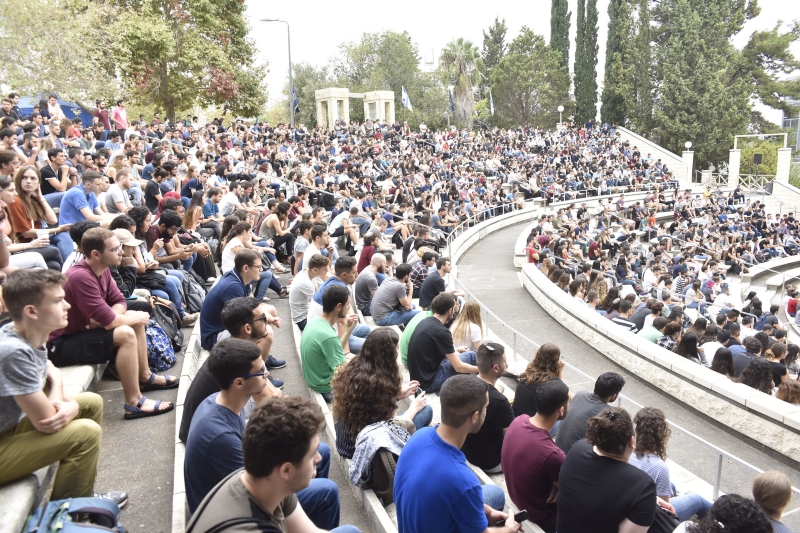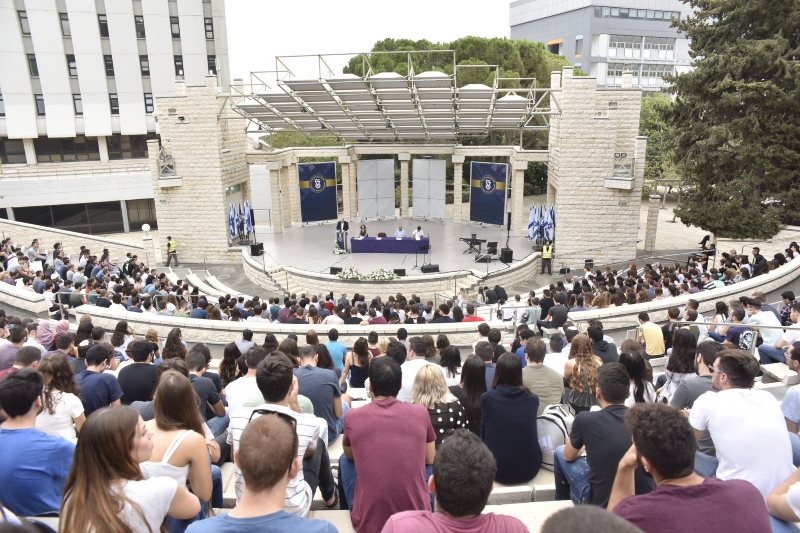Technion researchers develop new approach to selectively create and study complex organic molecules at will
The simple two-step groundbreaking methodology is highly selective, diverse, cost and time-efficient
Haifa Israel – Israeli researchers from the Technion- Israel Institute of Technology have developed a new methodology to selectively and efficiently prepare and investigate complex organic molecules at will. The findings are presented in a new paper published by the prestigious journal Nature Chemistry. The study was conducted by Professor Ilan Marek and two members of his team Dr. David Pierrot and Dr. Jeffrey Bruffaerts of The Mallat Family Laboratory of Organic Chemistry at The Schulich Faculty of Chemistry at the Technion.

Organic synthesis is the practice of constructing organic compounds – chemical compounds that contain carbon atoms. The aim of this branch of chemistry is to allow scientists to create and study any organic molecules at will, regardless of their complexity. As such, synthetic chemists are on a never-ending quest for new and innovative methodologies to develop faster, more cost-efficient and highly selective transformations.
“One of the ultimate challenges that exist in this field is to be able to make transformations that are geometrically stable but also highly selective and to have access on demand to any single molecule,” says Prof. Marek. “In our research, we seek new methodologies and conceptual approaches for these crucial problems with elegance and simplicity.”
Every carbon atom has the ability to form four bonds. A molecule containing at least a carbon atom with four different substituents is likely to have differing properties from its enantiomer (mirror image, sort of like right and left hands). In organic chemistry, the ability to selectively create and investigate each molecule is of crucial importance – as one mirror image can turn out to be a cure and the other a poison, as for the sadly famous story of thalidomide.

Adding to this equation, noncyclic systems, which means the molecules are arranged linearly and are constantly in motion or rotating; numerous carbon atoms with multiple stereocenters (points in a molecule with groups of atoms that when interchanged form such mirror images), and the vicinity of these stereocenters presents further layers of complexity.
In their research, the Technion scientists were able to devise an innovative two-step approach to selectively create and study numerous such complex molecules with simplicity and efficiency.
In the first step, the researchers prepared molecules in a cyclic, or ring-like formation. The rings are strained and not flexible and so it is easier to selectively control where to position each atom.
Then, the researchers used a catalyst and selectively chose to break the ringed bond at a specific point. In the experiment, the researchers took advantage of an oxygen atom which was specifically set in the molecule in the first step, acting as a crane, to direct the whole transformation while controlling all the successive events, essentially tailor designing a domino reaction.
The strategy’s versatility arises from the substituent interchangeability. This leads the molecules to become interchangeable, like Lego bricks, so that after completing these two steps, the researchers were able to create and study a single product each time out of 16 such possible products.

The results enabled the researchers to access a broad family of structures which, using available methods, would be inaccessible with such levels of selectivity, diversity, cost and time-efficiency; making their research of particular interest to the academic world, as well as for the chemical and pharmaceutical industries.
“This is an approach that has attracted more and more interest because it allows you to create very complex systems, which often cost a lot of time and money and were until now impossible to even create, in a fast and simple way,” says Prof. Marek. “What we have developed is a new methodology, or a toolbox, that will benefit the global scientific community. Scientists can now use this method to build on and further expand their research across many different applications.”
Prof. Ilan Marek was born in Israel and moved with his family to France as an infant. In 1988 he completed his doctorate at the University Pierre and Marie Curie in Paris, and after a short postdoctoral stay in Belgium, he returned to the same university as an independent researcher. In 1997, after 34 years in France, he returned to Israel and joined the Schulich Faculty of Chemistry at the Technion-Israel Institute of Technology. He now heads the Mallat Family Laboratory of Organic Chemistry and holds the Sir Michael and Lady Sobell Academic Chair.
Prof. Marek was inaugurated as a member of the French Academy of Sciences earlier this year. He has won numerous awards, including the Weizmann Prize for Exact Sciences, the Israel Chemical Society Award for Excellence, the Janssen Pharmaceutica Prize for Academic Excellence, the Bessel Award of the Humboldt Foundation, the Royal Society Chemistry organometallic Award, the Yigal Alon Fellowship, the Michael Bruno Memorial Award, the Taub Award for Academic Excellence, twice the ERC advanced research grants and awards for excellence in teaching, including the Yanai Prize awarded by the Technion. He is also an editorial board member of numerous leading journals in organic synthesis.


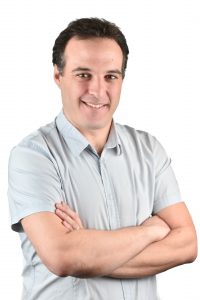
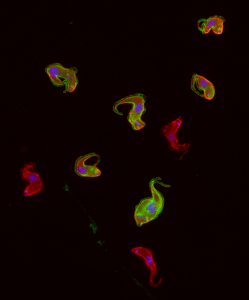


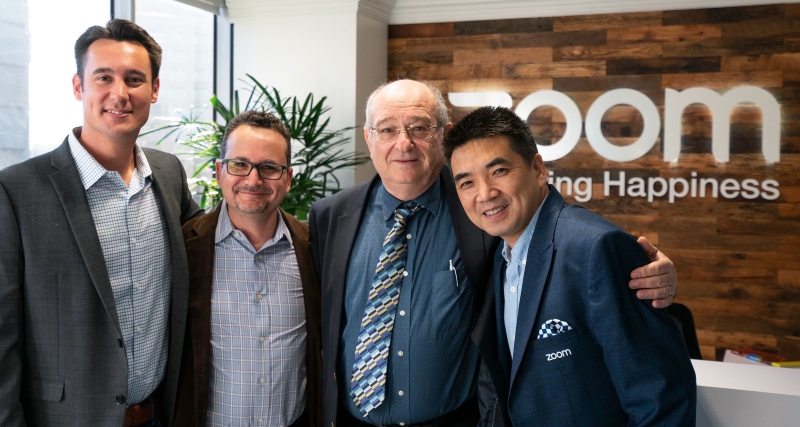

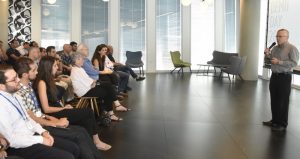
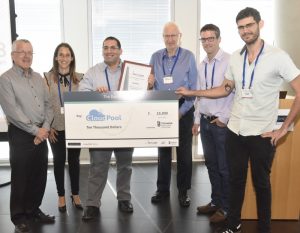
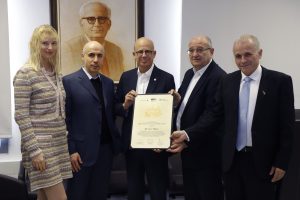

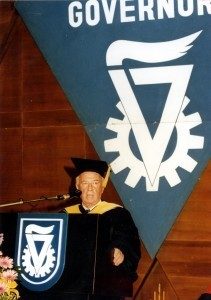 Twenty three years have passed since the assassination of Israeli Prime Minister Yitzhak Rabin.
Twenty three years have passed since the assassination of Israeli Prime Minister Yitzhak Rabin.